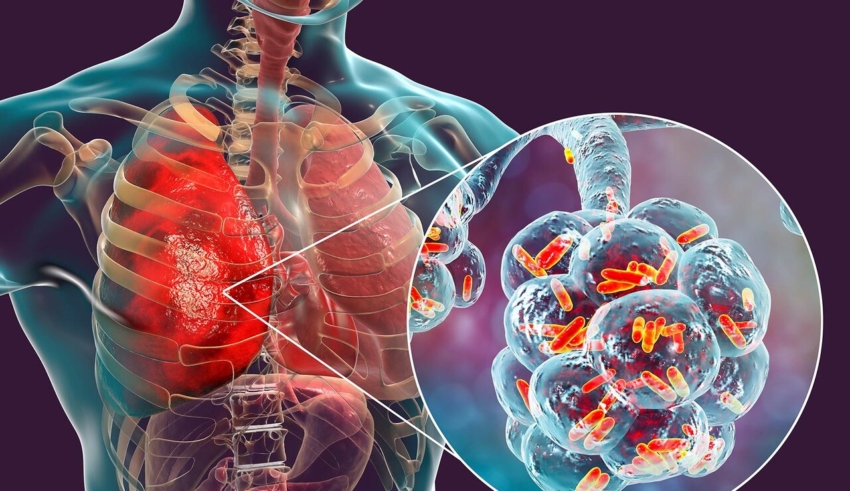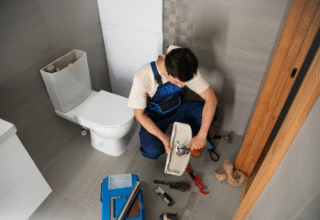
Legionnaires’ disease is a form of pneumonia caused by exposure to legionella bacteria. While it is uncommon, it can be serious and can lead to long-term health problems and, in extreme cases, can even cause death.
Table of Contents
What is Legionnaires’ disease?
Legionnaires’ disease is contracted through inhalation of the bacteria present in water or soil and is a potentially lethal form of pneumonia. However, the susceptibility escalates with age and certain demographics are specifically prone, including:
- Individuals aged 45 and over
- Smokers and those who frequently drink alcohol
- Those battling chronic respiratory or kidney diseases
- Individuals with diabetes, lung and heart diseases
- Those with a compromised immune system
Where does legionella bacteria come from?
Legionella bacteria naturally inhabit water systems such as rivers and ponds. Yet, contracting the disease from these aquatic bodies is rarely possible due to unfavourable conditions. Illness outbreaks commonly stem from exposure to legionella proliferating in engineered systems where water temperatures are high enough to foster bacterial growth. Legionella bacteria is frequently encountered in cooling towers, evaporative condensers, hot and cold water systems, and spa pools.
How does Legionnaires’ disease spread?
As previously detailed, legionella bacteria thrive in specifically engineered water systems where higher temperatures give rise to bacteria. The transmission of Legionnaires’ disease typically occurs when individuals inhale minuscule water droplets teeming with legionella bacteria.
Apart from inhalation of water droplets, other transmission pathways include:
- Aspiration – an uncommon occurrence where fluid accidentally enters your lungs, usually when coughing or choking while drinking
- Soil – some people have contracted Legionnaires’ disease through exposure to contaminated soil during gardening activities and inadvertently inhaling the soil
What are the symptoms?
Initial symptoms of Legionnaires’ disease mimic those of the flu, encompassing fever, muscle pain, headaches, and confusion. If you experience these symptoms and suspect Legionnaires’ disease, it’s crucial to promptly consult your GP and express your concerns. Moreover, if you have recently travelled to a location with an outbreak, you should notify your GP.
Additional symptoms include:
- A cough potentially producing mucus or blood
- Breathlessness
- Chest discomfort
- High fever reaching 40°C or beyond
- Gastrointestinal issues like nausea, vomiting and diarrhoea
While Legionnaires’ disease primarily impacts the lungs, it can occasionally cause infections in other body parts, including the heart, meaning it is important to seek immediate consultation with your GP if you’re showing any of the symptoms.
There’s also a milder variant of Legionnaires’ disease, termed Pontiac fever, which triggers similar symptoms such as fever, chills, headaches, and muscle pain. However, Pontiac fever doesn’t affect the lungs, and symptoms usually subside within two to five days.
If you suspect exposure to legionella bacteria, seek immediate medical attention. Timely diagnosis and treatment can hasten recovery and avoid more serious complications, especially for high-risk individuals.
The dangers of Legionnaires’ disease
If Legionnaires’ disease remains untreated, it could lead to fatal complications such as:
- Respiratory failure – which occurs when the lungs can’t provide the body with sufficient oxygen or can’t expel carbon dioxide from the blood
- Septic shock – characterised by a steep drop in blood pressure following an infection
- Kidney failure – which happens when kidneys lose their ability to filter waste from the blood, causing dangerous build up of fluid and waste in the body
Legionnaires’ disease is a serious illness that can profoundly impact your life. If you’ve contracted this disease through improper exposure, please seek counsel from a GP or medical practitioner.














